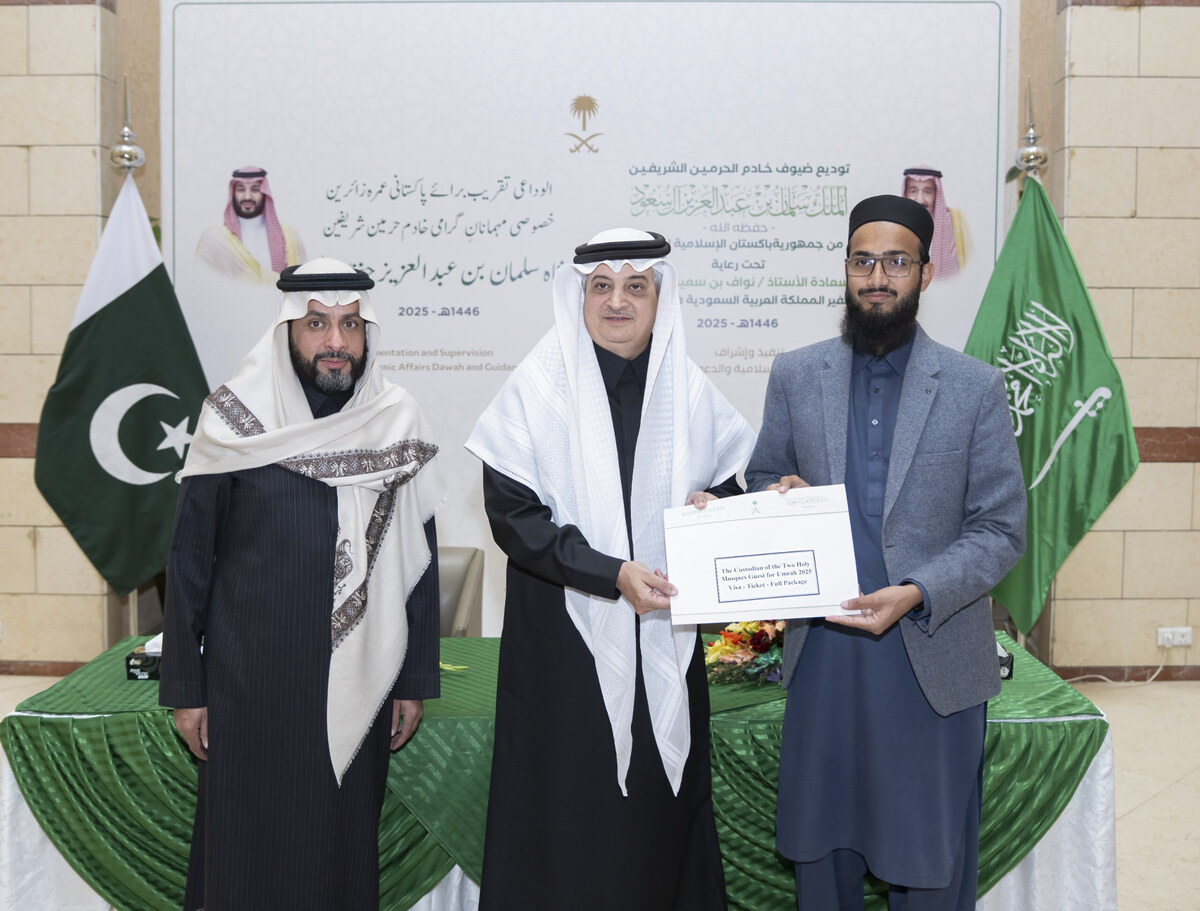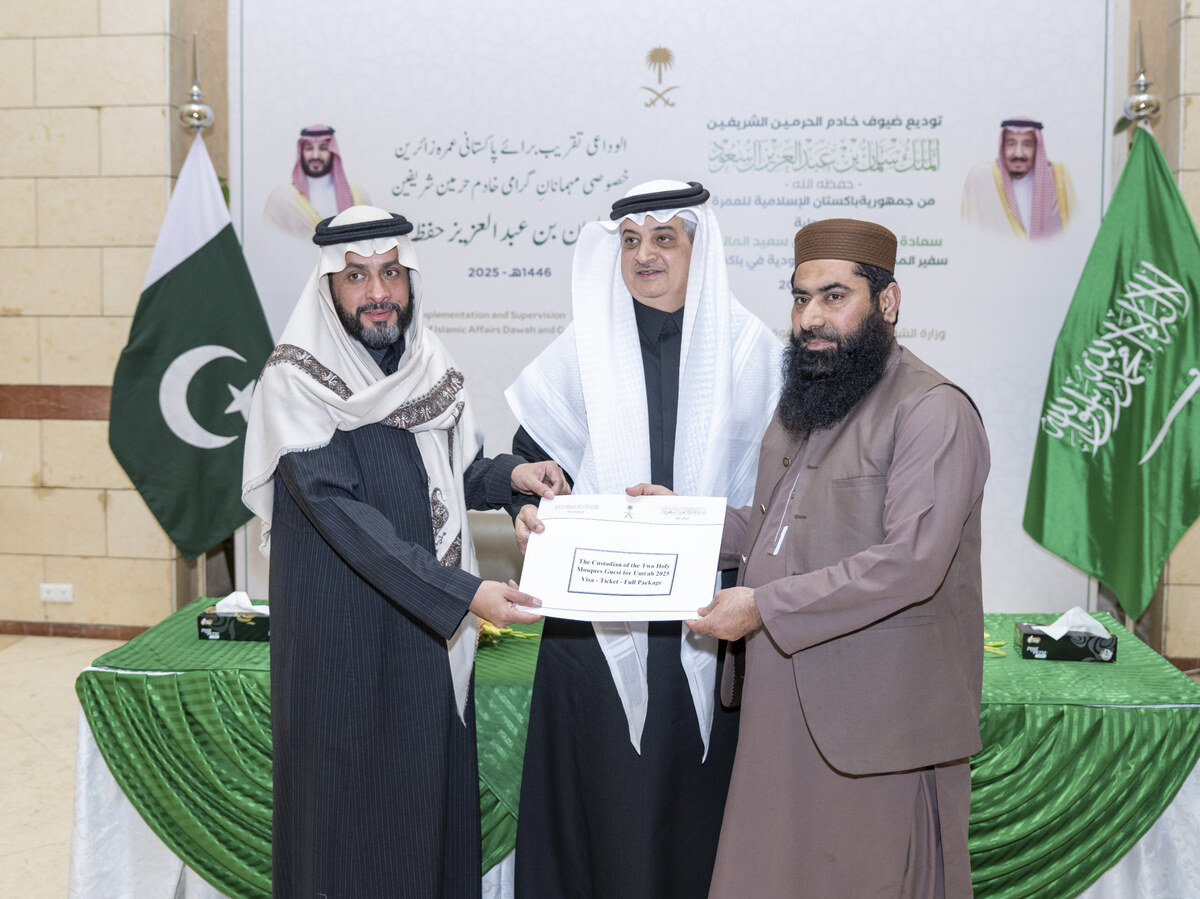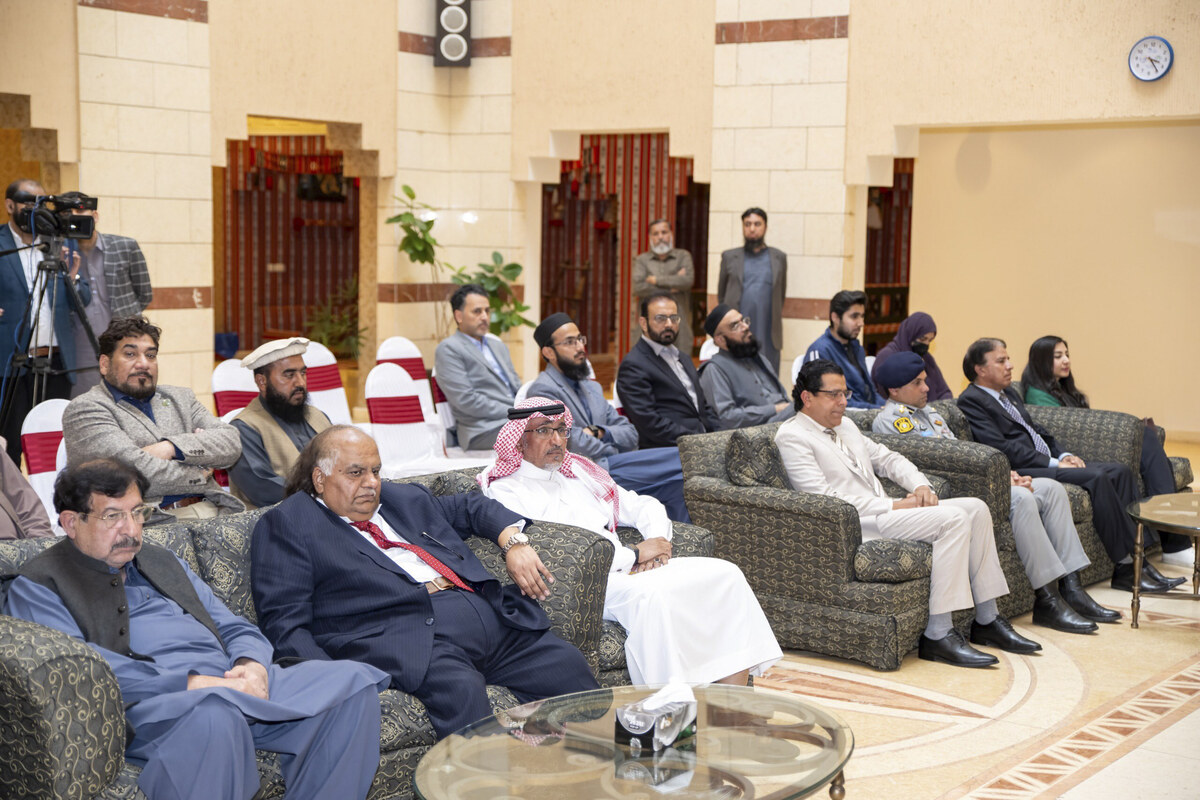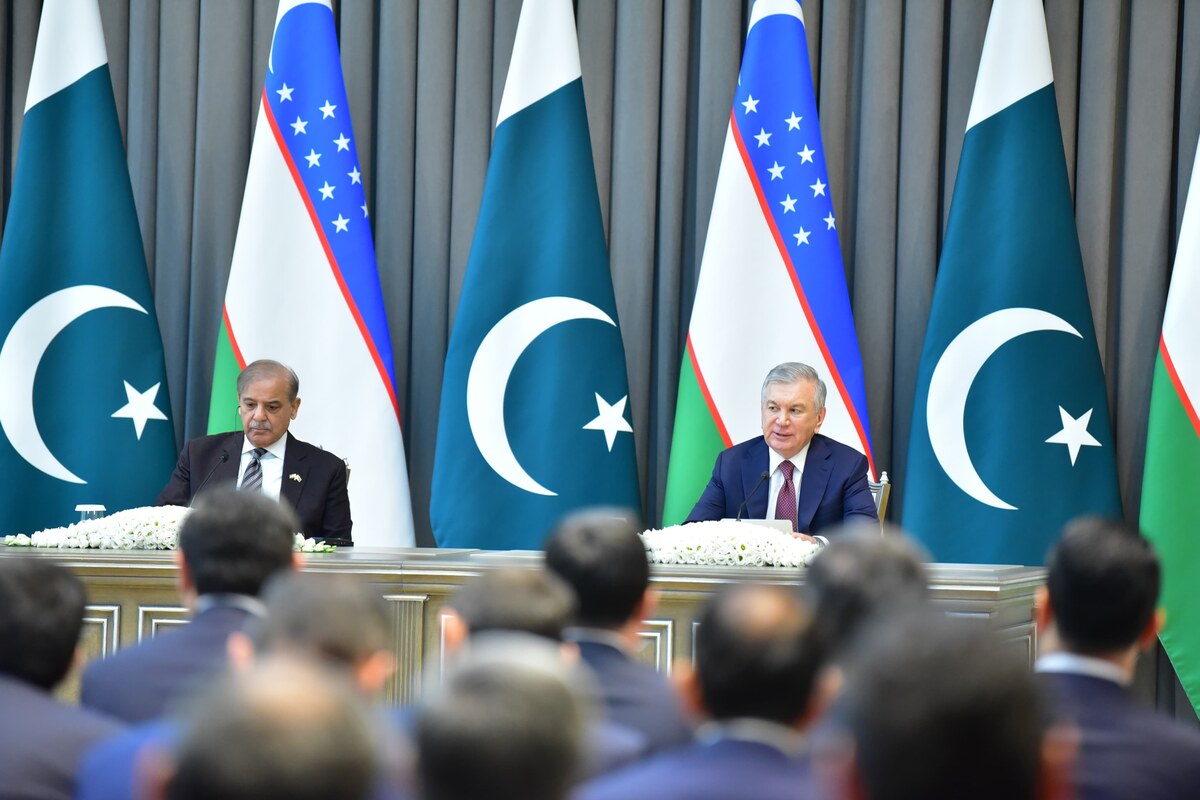KARACHI: A prominent Baloch activist has said her ethnic rights group was open to engaging in direct talks with “those who have the power” to end enforced disappearances and other human rights violations in Pakistan’s restive southwestern Balochistan, referring to the all-powerful army which has long held sway in the security and politics of the province.
Pakistan’s military has a huge presence in the rugged, impoverished region bordering Afghanistan and Iran, where insurgent groups have been fighting for a separate homeland for decades to win a larger share of benefits for the resource-rich province. The military has long run intelligence-based operations against insurgent groups, who have escalated attacks in recent months on the military and nationals from longtime ally China, which is building key projects in the region, including a port at Gwadar.
Balochistan has also been plagued by enforced disappearances for decades. Families say men are picked up by security forces, disappear often for years, and are sometimes found dead, with no official explanation. Government and security officials deny involvement and say they are working for the uplift of the province through development projects.
International rights bodies like Amnesty International and Human Rights Watch as well as opposition political parties have also long highlighted enforced disappearances targeting students, activists, journalists and human rights defenders in Balochistan. The army says many of Balochistan’s so-called disappeared have links to separatists. Military spokespersons have also variously accused rights movements like the Baloch Yakjehti Committee (BYC) of being “terrorist proxies.”
“Those who have the authority to resolve our issues, whose voices are heard, they can be any person, any institution or any representative … we say that that empowered person should come forward,” BYC leader Sammi Deen Baloch told Arab News in an interview when asked if her group was open to talks with the army.
The BYC, founded in 2020, has organized several large protests in Balochistan and led marches to, and sit-ins in, the Pakistani federal capital, Islamabad, mainly against what it describes as a surge in enforced disappearances and extrajudicial killings in Balochistan that it blames on the army and other security forces operating in the province. Officials deny the accusations.
“We have approached government officials not just once but multiple times, we have visited them with our pain and suffering several times but each time either they made false promises with us or said, ‘We are helpless in this regard’,” Baloch said.
“So, the individuals who are directly involved in this issue, the individuals who can resolve this issue, who have the authority, should come and talk to us. We are ready to sit down with anyone.”
“NO ONE CAME TO HEAR US”
Baloch, one of the leading voices against enforced disappearances in Balochistan, said she turned to activism as a nine-year-old after her father, Dr. Deen Muhammad Baloch, was allegedly abducted by security personnel in 2009.
While she had taken to the streets to demand her father’s release, she soon realized that so many in Balochistan had similar grievances.
“There were thousands of such mothers, sisters and daughters whose brothers, fathers and sons had been disappeared, so why not turn this fight into a collective struggle and take it forward,” Baloch said.
“From that day onward, I decided that I will be part of a collective struggle against enforced disappearances and human rights violations.”
Today, the BYC was not just active in Balochistan, the activist said, but working with various human rights organizations that focused on enforced disappearances in the Sindh, Khyber Pakhtunkhwa and Punjab provinces also.
Life’s circumstances had forced her to take this difficult path, said Baloch, describing a life spent since she was a child at hunger strike camps or standing outside government offices and press clubs holding up her father’s picture.
A truly testing moment came in 2013 when she was part of a “long march” on foot from Balochistan’s provincial capital of Quetta to the southern port city of Karachi and then onwards to Islamabad, a 2,200 km journey.
“It was not just mentally exhausting but physically painful, our feet developed blisters, our toenails came off, and we walked for eight to ten hours a day ... We covered more than thirty kilometers in a single day,” Baloch said.
“We embarked on this protest with the intent of putting ourselves through suffering, to endure pain and hardship as a way of showing these state institutions the agony we were in. By subjecting ourselves to this torment, we wanted them to see our pain, to hear our cries.
“But after three months and eighteen days, when we finally reached Islamabad, no one listened. No one came to hear us.”
Baloch lamented that various governments in Pakistan had been open to negotiating with “terrorists” but not with the disenfranchised people of Balochistan, fighting for basic human rights.
“Those who do not recognize the country’s constitution and laws are invited for negotiations,” the activist said. “But when people try to peacefully highlight their issues, when they speak about their rights, efforts are made to suppress their voices. They are harassed in different ways, intimidated, and threatened.”
“I WISHED FOR A NORMAL LIFE”
Baloch described her own ordeal: of not being able to return to her village in the remote Awaran region, which she described as being “under the control of state forces,” of being harassed and intimidated by state authorities, going to jail multiple times and now being put on a no-fly list that had blocked her from traveling to lobby for Baloch rights at international forums.
But the fight would go on, Baloch said, taking pride in the fact that so many women from the conservative Balochistan region were involved in and leading the movement for rights. The BYC itself was founded by Dr. Mahrang Baloch, who became an activist after her father’s abduction and eventual death at the hands of what she says were state authorities, who deny the allegations.
“We see that our men, our brothers and sons, were systematically taken from their homes, from educational institutions, dragged away while they slept at night,” Baloch said. “In such circumstances, the only option left for Baloch women was to take this fight into their own hands, to step forward and lead the battle for justice themselves.”
In the process, she lamented that she had to eschew living a normal life:
“A life like the girls of my age, who press rose petals between the pages of their books, who write little poems in their diaries, who post short reels and pictures on their phones, whose world revolves around simple and innocent things. Indeed, I, too, wished for a life that was normal. I wished for a home where my father was present, where my family was whole, where there was laughter and warmth. But, with great sorrow, that is not the life I have.”
Asked if she condemned the recent killings of Punjabi civilians by Baloch separatist militants who view them as outsiders and symbols of state oppression in Balochistan, Baloch said the BYC had spoken out against such incidents multiple times.
“As human rights activists and political workers, we have condemned such incidents,” she said.
However, she insisted that the “root cause” of Balochistan’s problems must be acknowledged.
“Whether it is a resident of Balochistan or someone from outside, they are now equally vulnerable,” Baloch added.
“Their lives, property and safety are at risk solely due to the lawlessness … Where there is no rule of law, there will be lawlessness and insecurity. The current state of Balochistan is a direct result of this reality.”























